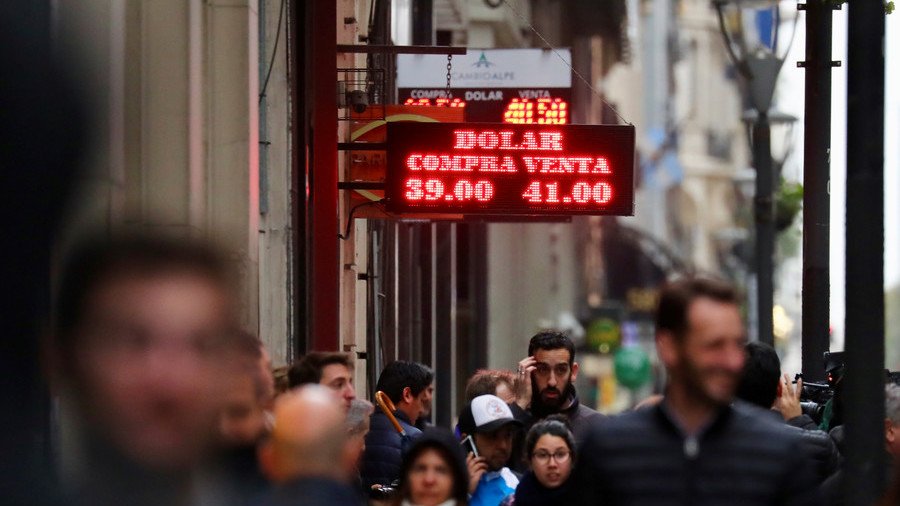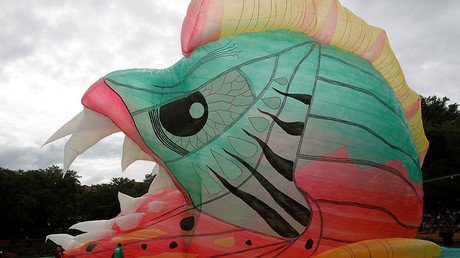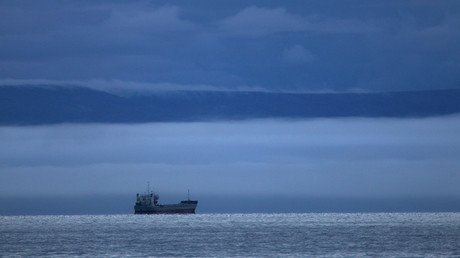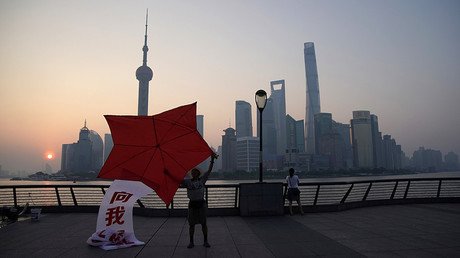Argentina's currency collapses despite massive rate hike as possible debt default looms

Efforts by the Argentinian central bank to stabilize the national currency by raising a key interest rate to 60 percent have done little to soothe rapidly deteriorating sentiment in Latin America’s third-largest economy.
The peso, which has lost over half its value against the US dollar since the start of the year, plunged more than 15 percent following news of the rate hike. It was trading at 38.53 peso per dollar on Friday.
Argentina’s central bank, which on Thursday sharply raised interest rates from 45 to 60 percent, said the move was in “response to the foreign exchange rate situation and the risk of greater inflation.”
The regulator had already increased interest rates four times since April, most recently on August 13. The rate hikes were prompted by a sudden weakening in the peso after a drought hampered farm exports earlier in the year.
Investors are raising concerns that Buenos Aires could soon default as it struggles to repay heavy government loans. On Wednesday, Argentina’s government unexpectedly asked for the early release of a $50 billion loan from the International Monetary Fund (IMF).
The fund said it would look to “revise the government’s economic plan with a focus on better insulating Argentina from recent shifts in global financial markets.” Last month, the IMF said it expects Argentina’s economy to stabilize by the end of the year and a gradual recovery to begin in 2019.
Still, many in Argentina blame the IMF for encouraging fiscal policies that escalated the country's worst economic crisis in 2001 when it suffered a record $100 billion debt default.
Argentine President Mauricio Macri attempted to calm the public in a televised address, saying: “I know that these tumultuous situations generate anxiety among many of you... I understand this, and I want you to know I am making all decisions necessary to protect you.”
For more stories on economy & finance visit RT's business section















